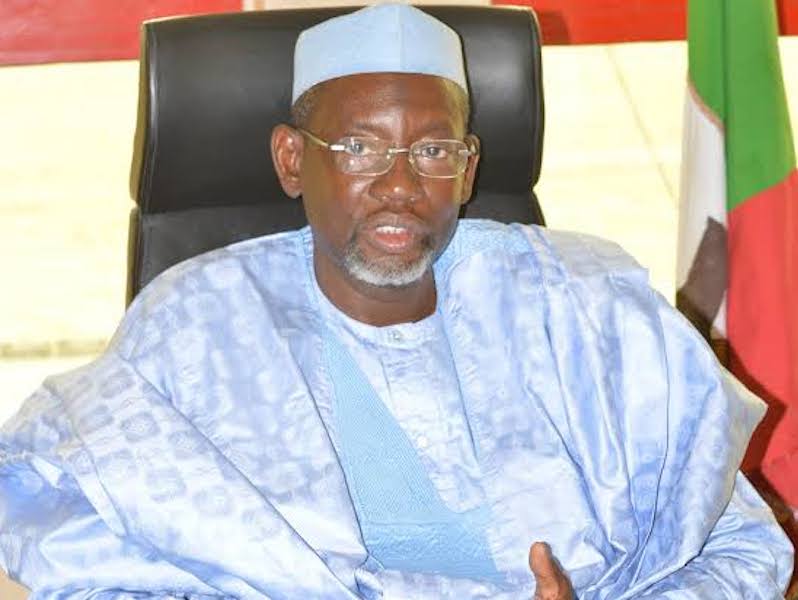Thirty-six women suffering from Vesico Vaginal Fistula (VVF), have so far registered for the first camp operation in a private VVF facility in Akwa Ibom.
Rev. Sis. Sylvia Ndubuaku, the Matron of Family Life Centre, made this known in an interview in Mbribit Itam, Itu Local Government Area of the state.
According to her, the repair surgery will be performed on the affected patients in the facility’s first camp operation taking place from January 2020.
VVF is a serious disability that can be experienced by women after childbirth.
It is an abnormal fistulous tract extending between the bladder (vesico) and the vagina that allows continuous involuntary discharge of urine into the vaginal vault.
Other causes of VVF include pelvic radiation, malignancy, teenage pregnancy or trauma.
It can also occur due to prolonged and obstructed labour where the baby’s head might be disproportionately large for the mother’s pelvic outlet.
Ndubuaku said: “ We have so far registered 36 women for this year’s surgery, the first VVF surgical operations.
“But out of this 36, we are not sure how many will undergo surgery because we are still screening them.
“So far, six patients have been operated upon, while others are awaiting screening,” Ndubuaku said.
The matron said that treating VVF was very demanding as patients were mostly poor, who could hardly pay for the treatment.
Ndubuaku said that the centre organised quarterly operations for VVF patients across the state and beyond.
“We organise pool effort for surgery; it takes two weeks tedious operations. Four times in a year we take in patients.
“Each time we call for camp in preparation for operations, we do not have less than 30 new cases.
“Vesico Vaginal Fistula operations demand a lot of money. We cannot cope alone. We require support from governments, multinational organisations and philanthropists to come to our aid,’’ she said.
The matron decried stigmatisation of patients, saying that VVF patients, when treated properly, could be pregnant and give birth without any hindrances.
She emphasised the need for government and individuals to create awareness about the existence of the problem, causes, effects, prevention and treatment.
Ndubuaku commended the multinational oil company, ExxonMobil, “for the kind gesture of taking care of some of the workers’ salaries at the facility.”
A Consultant Surgeon, Dr Sunday Lengmang, said he had been supporting the centre in the last six years.
Lengmang, who is a consultant with Evagel Vesico Viginal Festula Centre, Bingham University Teaching Hospital, Jos, urged women to have their delivery at recognised health centres.
According to him, most of the women suffering from VVF are those who put to bed at home or in substandard health facilities.
“I have been a visiting surgeon on the Family Life Centre and VVF hospital for about six years now. We visit four times in a year. So, this is the first time we are coming in year 2020.
“This time around, we have about 30 patients and most of them are not new patients, they are old patients that have been operated before.
“The case I am about doing now is what we call a residual fistula, that is because the patient has been operated somewhere and then a little part of it is still remaining.
“So, the major challenge we have here is getting the patient informed of when to come, sometimes it is the challenge, they don’t get to know that we are here. We expect more patients.
“Secondly, we have a very serious problem that people don’t come to deliver in the hospital.
“Most times such cases are always complicated and so we are having very complicated fistula coming as a result of that and that’s the main challenge.
“Some patients who go to deliver with quacks end up with complicated issues that need further operation,’’ Lengmang.
One of the patients receiving treatment in the centre, Miss Esther Bassey, said that she got pregnant at Junior Secondary School 1 (JSS1) level.
Bassey, who said that she came to the hospital since April 2019 and had since been responding to treatment, advised other students and minors against teenage pregnancy. (NAN)


